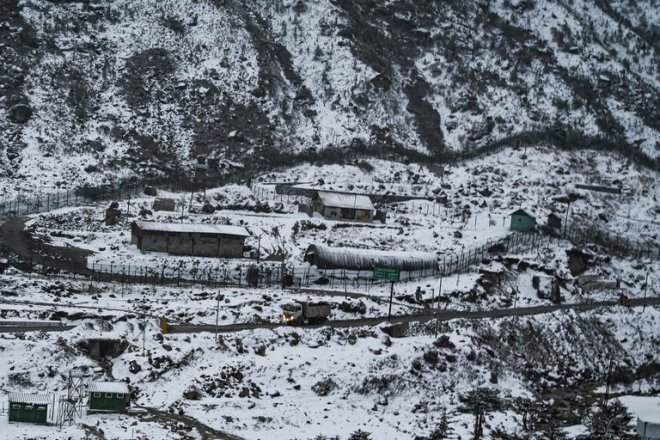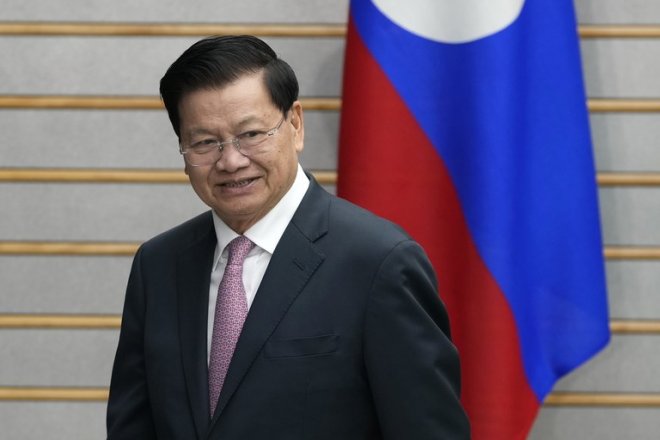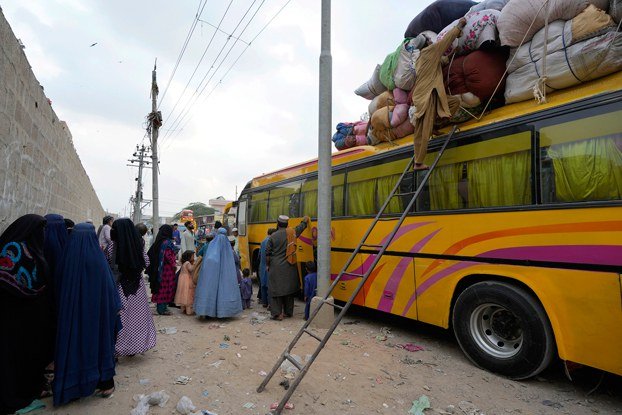India and China in tit-for-tat row over journalists
In a slow-motion blow-up that has been underway since March, a diplomatic row between China and India over journalist visas has prompted each side to minimize the other’s media presence in their territories.China claims to have just one journalist left in India due to bureaucratic obstacles. This month, it instructed the Press Trust of India’s Beijing-based reporter to leave the country, Bloomberg reported earlier this week.
The situation means that the world’s two most populous nations, each with 1.3 billion people and sharing a more than 3,440-kilometer border, have hardly any of their own journalists in the other country.
“The Indian side has refused to review and approve Chinese journalists’ applications for stationing in India and limited the period of validity of visas held by Chinese journalists in India to only three months or even one month,” Wang Weibin, a foreign ministry spokesman, said in a regular press conference on Monday.
“As a result, the number of Chinese journalists stationed in India has plummeted from 14 to just one,” he said. “As we speak, the Indian side still has not agreed to renew the visa of the last Chinese journalist in the country.
“For Indian media outlets, four have been stationed in China in recent years and one is still working and living normally in China,” he said.
Points to strained ties
The Times of India reported that New Delhi had rejected two visa renewals from journalists with Xinhua and China Central Television
“This will be the first time ever that India has no journalists based in Beijing,” Aadil Brar, a Ministry of Foreign Affairs’ Taiwan Fellow and a columnist on China for The Print India, told RFA’s Tibetan service.
“We’ve never seen a scenario quite like this and this tells you how difficult relations between India and China are right now,” he added.
 A settlement near Sela pass in Tawang district of India"s Arunachal Pradesh in April 2, 2023. Freshly laid roads, bridges, upgraded military camps, and new civilian infrastructure dot the Himalayan route to the Indian frontier village of Zemithang, which China renamed last month to press its claim to the area in the far northeastern Indian state of Arunachal Pradesh, almost all of which Beijing insists falls under its sovereignty as "South Tibet.” Credit: Arun Sankar/AFP
A settlement near Sela pass in Tawang district of India"s Arunachal Pradesh in April 2, 2023. Freshly laid roads, bridges, upgraded military camps, and new civilian infrastructure dot the Himalayan route to the Indian frontier village of Zemithang, which China renamed last month to press its claim to the area in the far northeastern Indian state of Arunachal Pradesh, almost all of which Beijing insists falls under its sovereignty as "South Tibet.” Credit: Arun Sankar/AFPWriting in The Print, Aadil Brar said, “The issue of access to journalists was always tipped in favor of Beijing. Chinese state-backed and semi-independent news outlets such as CGTN and Phoenix TV continue to operate from India with locally hired staff.”
“With this, China will not have a single Indian journalist reporting from the country, down from four,” Brar said. “The other three journalists – from Hindustan Times, The Hindu, and Prasar Bharati – were either asked to leave the country or their visa renewal applications were denied.
No precedent
Brar noted that even during the Sino-Indian war of 1962, when the two countries clashed violently in two remote Himalayan border regions, Indian journalists were able to operate in Beijing.
Kanwal Sibal, former foreign secretary of India, told RFA’s Tibetan service that he did not expect any imminent breakthrough in relations that have been steadily eroding since renewed border clashes in 2020 in the Galwan Valley – a disputed section of their shared Himalayan border.
“I’m not sure what will happen at the G20 summit,” held in New Delhi on Sept. 9-10, he said.
“Let’s see if Xi Jinping comes,” Sibal said. “If there’s no dialogue between the two sides then it will be a disaster for both sides, [but] there can’t be a dialogue unless Xi Jinping comes.”
“The journalists that have been forced to leave won’t be going back anytime soon so that makes it difficult for Indians to learn about what’s going on in Beijing and similarly for Beijing to find out what’s going on in Delhi,” said Brar.
In a sign that China is not going to budge, on May 31 foreign ministry spokesperson Mao Ning warned, “As we speak, the Indian side still has not renewed the visa of the last Chinese journalist in the country.
“The number of Chinese journalists stationed in India is about to drop to zero.”
Edited by Malcolm Foster.
[圖擷取自網路,如有疑問請私訊]
|
本篇 |
不想錯過? 請追蹤FB專頁! |
| 喜歡這篇嗎?快分享吧! |
相關文章
AsianNewsCast























